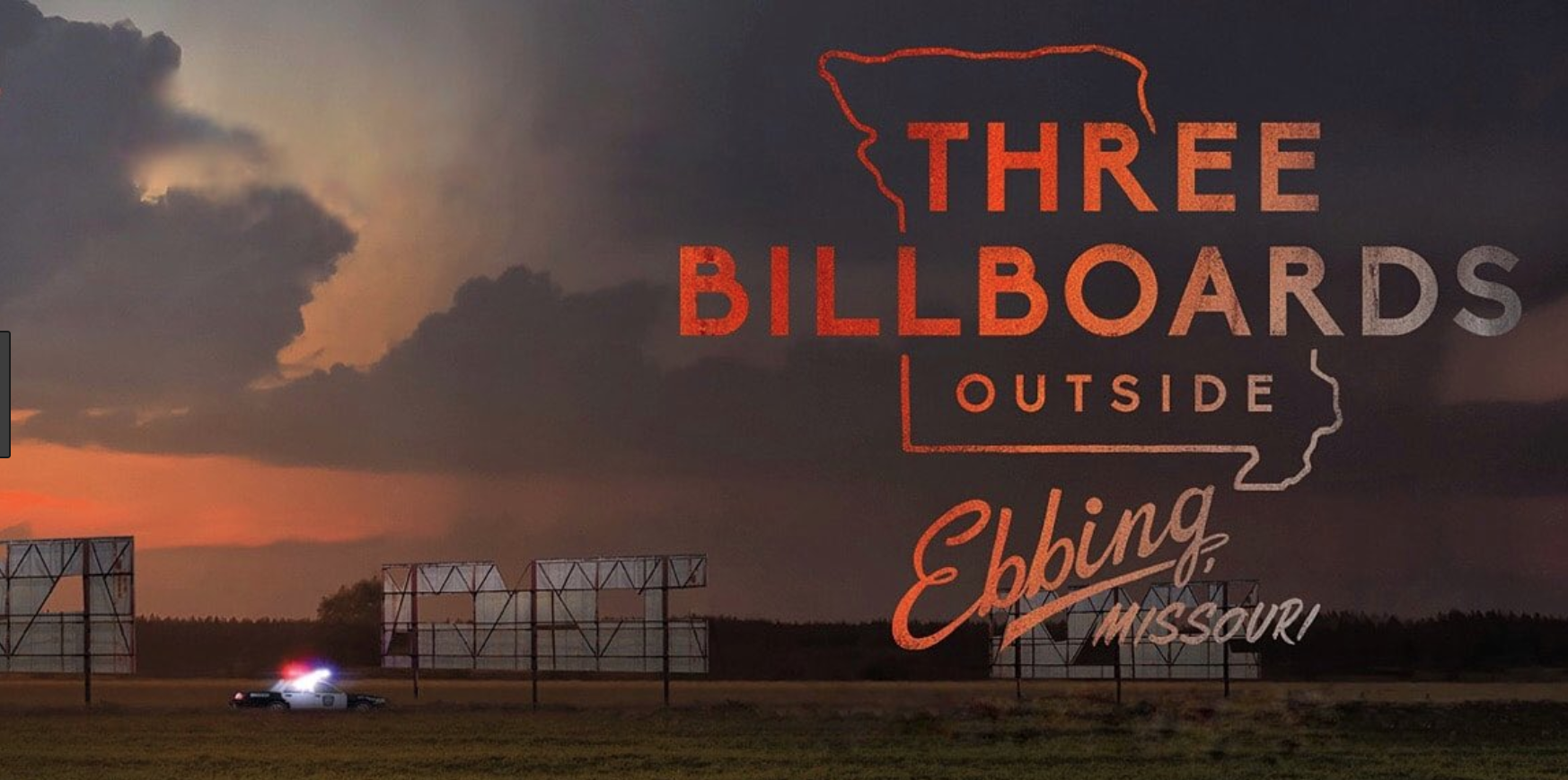Needled and annoyed by Martin McDonagh‘s Three Billboards outside Ebbing Missouri, N.Y. Times film critic Wesley Morris has delivered a nicely composed takedown essay, one that’s fun to read and re-read and share with your friends.
Being juicy and chewy and quotable, it will, make no mistake, hurt Three Billboards‘ rep among that sector of the Academy of Motion Picture Arts and Sciences that reads the Times and mulls this stuff over and yaddah yaddah.
Morris has called the Fox Searchlight release a “misfire,” “grating,” otherworldly, quirkily pretentious, “a cupcake rolled in glass,” an “off” thing and more or less the new Crash-ola.
Morris also finds the film irritating from a racial pigeonhole perspective. Two black characters (Amanda Warren and Darrell Britt-Gibson) seem “almost Muppet-like,” he says, and Ebbing’s temporary black police chief (Clarke Peters) comes off as Sidney Poitier-ish, he says.
Morris doesn’t mention that he’s a proselytizer for Jordan Peele‘s Get Out, but he is, trust me (“Jordan Peele’s X-Ray Vision“), and he knows that if his piece winds up wounding Three Billboards that part of the Best Picture heat storm will shift over to Get Out along with the already-favored The Shape of Water.
There’s an “illusion” about Three Billboards that’s been “presented by the people running the [award] campaigns,” Morris write, “and [this] in turn…has become the custom for lots of us.
“Three Billboards can’t be just the misfire that it is. The enthusiasm for it has to represent the injustice the movie believes it’s aware of — against young murdered women, their suffering dysfunctional families and black torture victims we never see — but fails to sufficiently poeticize or dramatize what Mr. McDonagh is up to here: a search for grace that carries a whiff of American vandalism.
“Of course, few movies can predict their moment, but Three Billboards might be inadequately built for this one.”

